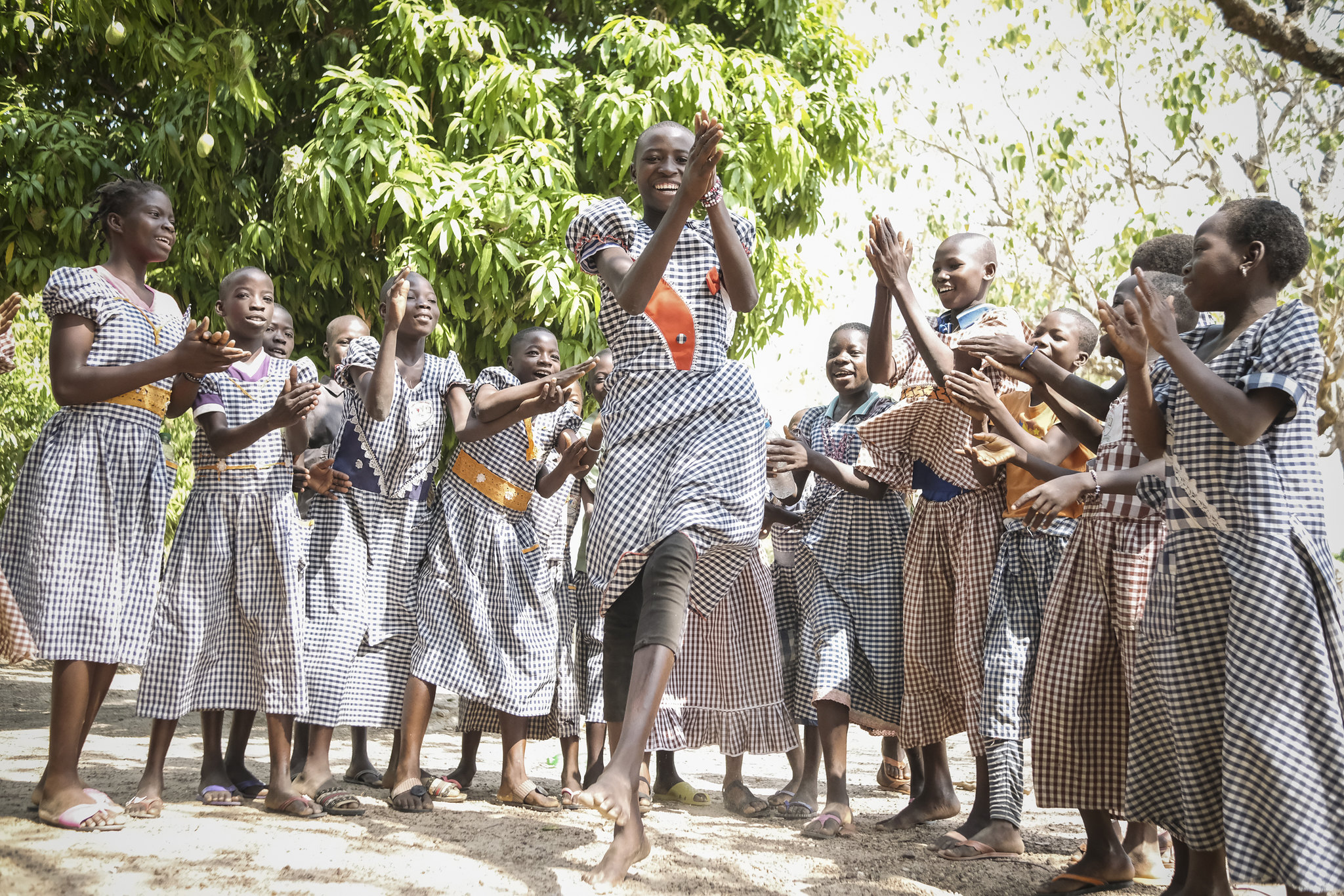
Supporting the use of evidence in education systems is a core function of the Global Partnership for Education (GPE) Knowledge and Innovation Exchange (KIX), a joint endeavour with Canada’s International Development Research Centre (IDRC). KIX is committed to producing high-quality research, evidence, and innovation that is contextualized, relevant, and useful to education policymakers and practitioners in GPE partner countries. However, ensuring that evidence is positioned for use doesn’t just happen – it requires strategic thinking and planning, and a significant investment of time and resources to build relationships and strengthen the capacities of key stakeholders to use the evidence that is available. The KIX team works hand in hand with applied research projects to build knowledge mobilization strategies into every stage of their work. It is tracked in the KIX monitoring, evaluation, and learning system, and a core part of the definition of high-quality research.
This blog series features a snapshot of what KIX-supported applied research projects are learning about knowledge mobilization. The series begins with a look at knowledge mobilization across the KIX research portfolio through the lens of monitoring, evaluation and learning data. It goes on to explore scaling advisory committees from CAMFED; how knowledge mobilization at the community-level can strengthen national-level uptake from World Vision; action research with project participants as a form of co-creation from the University of Oslo; and multi-stakeholder knowledge mobilization from the Tata Institute of Social Sciences. The series concludes with reflections from knowledge mobilization specialist Dr. James Georgalakis, Director of Evidence and Impact at the Institute of Development Studies, on key trends in knowledge mobilization across the KIX portfolio and how they are situated within the broader knowledge mobilization landscape.
Together, these blogs show the wide variety of unique knowledge mobilization strategies implemented across the KIX applied research portfolio. Despite the highly contextual nature of knowledge mobilization, the lessons surfaced here are widely applicable. We hope they are useful to other research teams and education stakeholders in the process of moving research into action.
Knowledge Mobilization in KIX Applied Research Projects: Activities and Results
Simon Hearn and Serhiy Kovalchuk, IDRC KIX
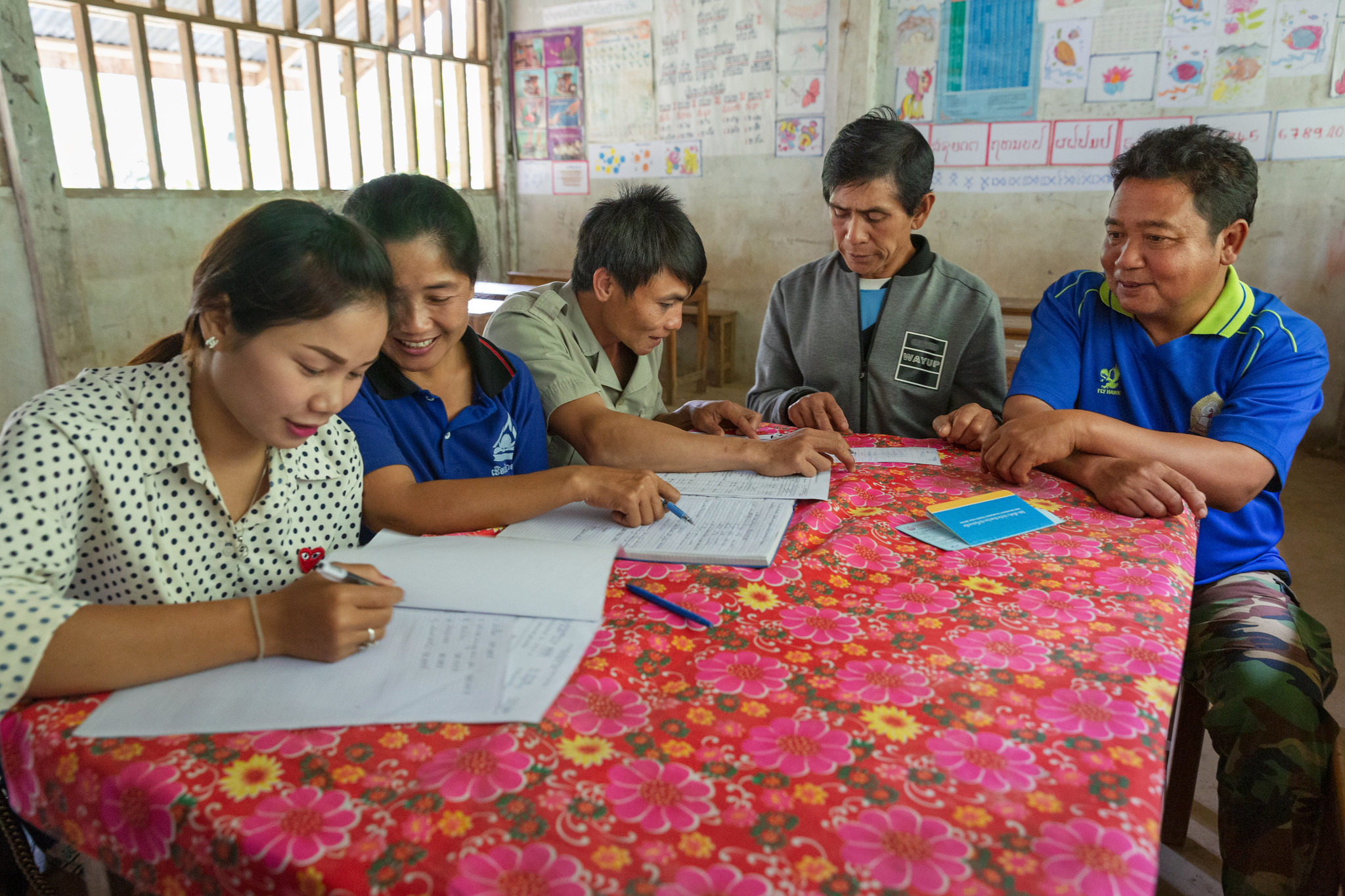 GPE/Kelley Lynch
GPE/Kelley Lynch
Essential elements of knowledge mobilization to scale a youth-led education innovation
Lydia Wilbard and Sandra Spence, CAMFED
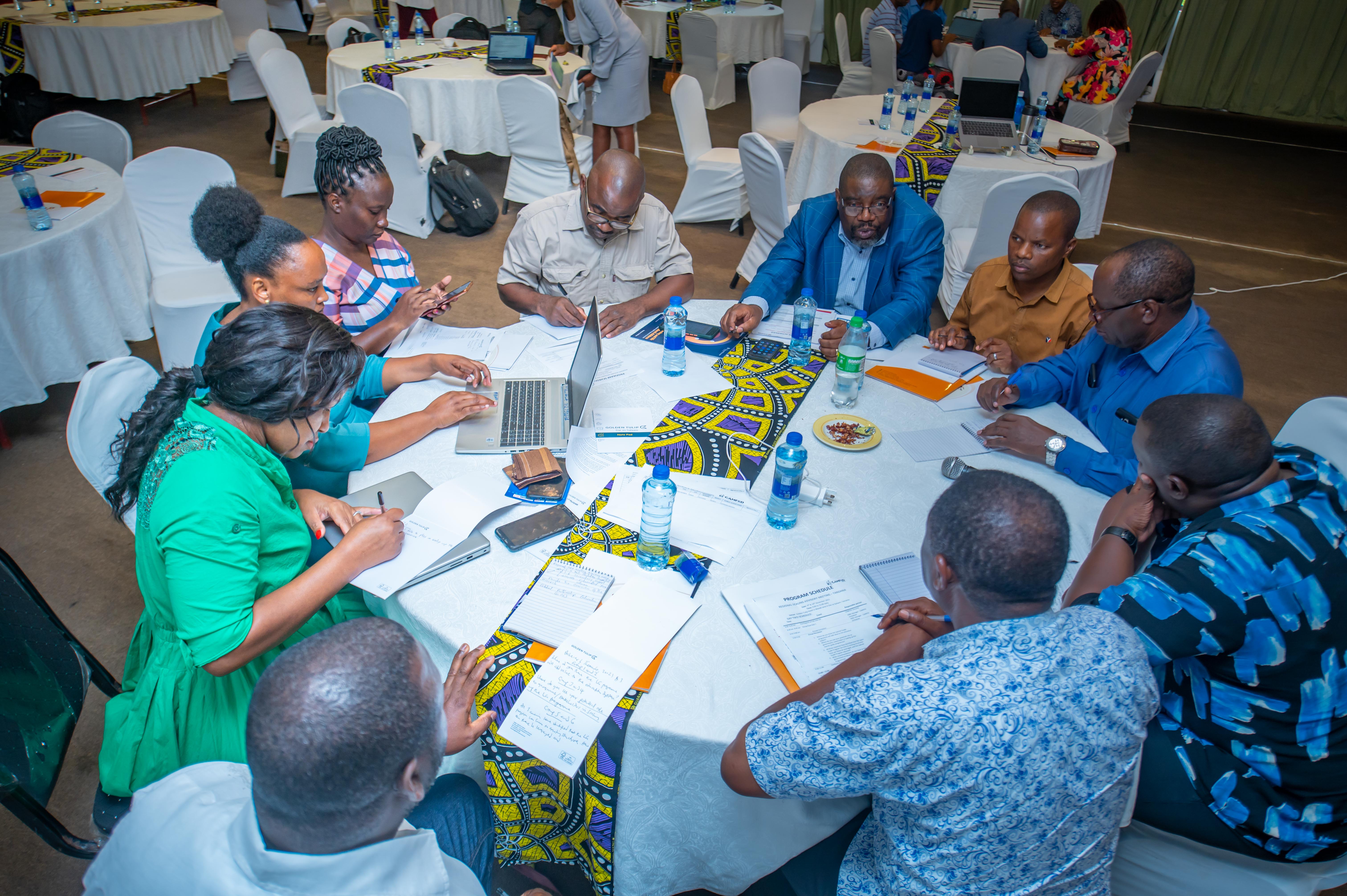 CAMFED/Kumi Media
CAMFED/Kumi MediaKnowledge mobilization to empower communities and improve literacy
Vongaishe Changamire, World Vision Canada
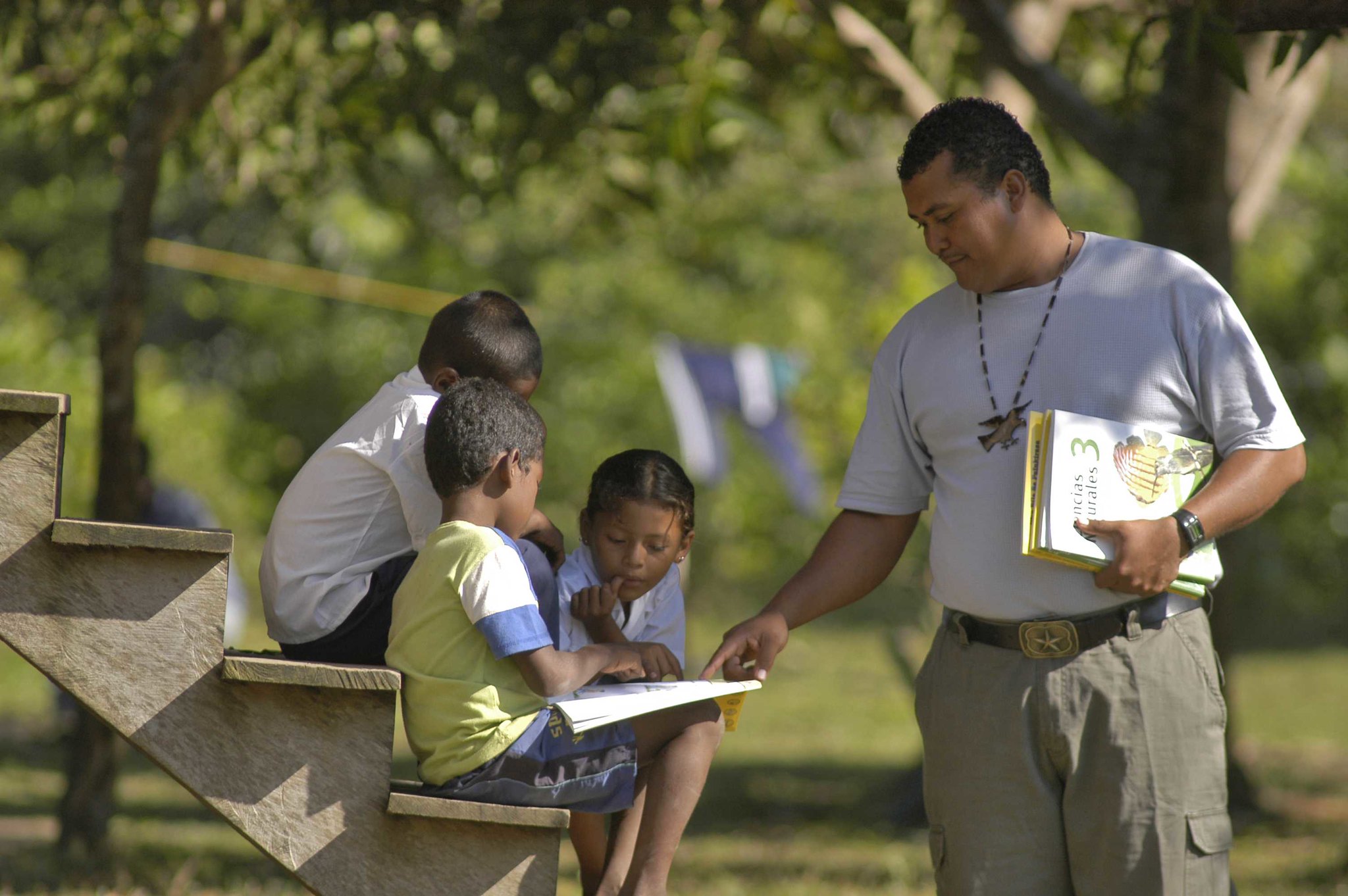 GPE/Paul Martinez
GPE/Paul Martinez
Knowledge mobilization through co-creation
Sophia Alexandrina Kousiakis, University of Oslo HISP Centre
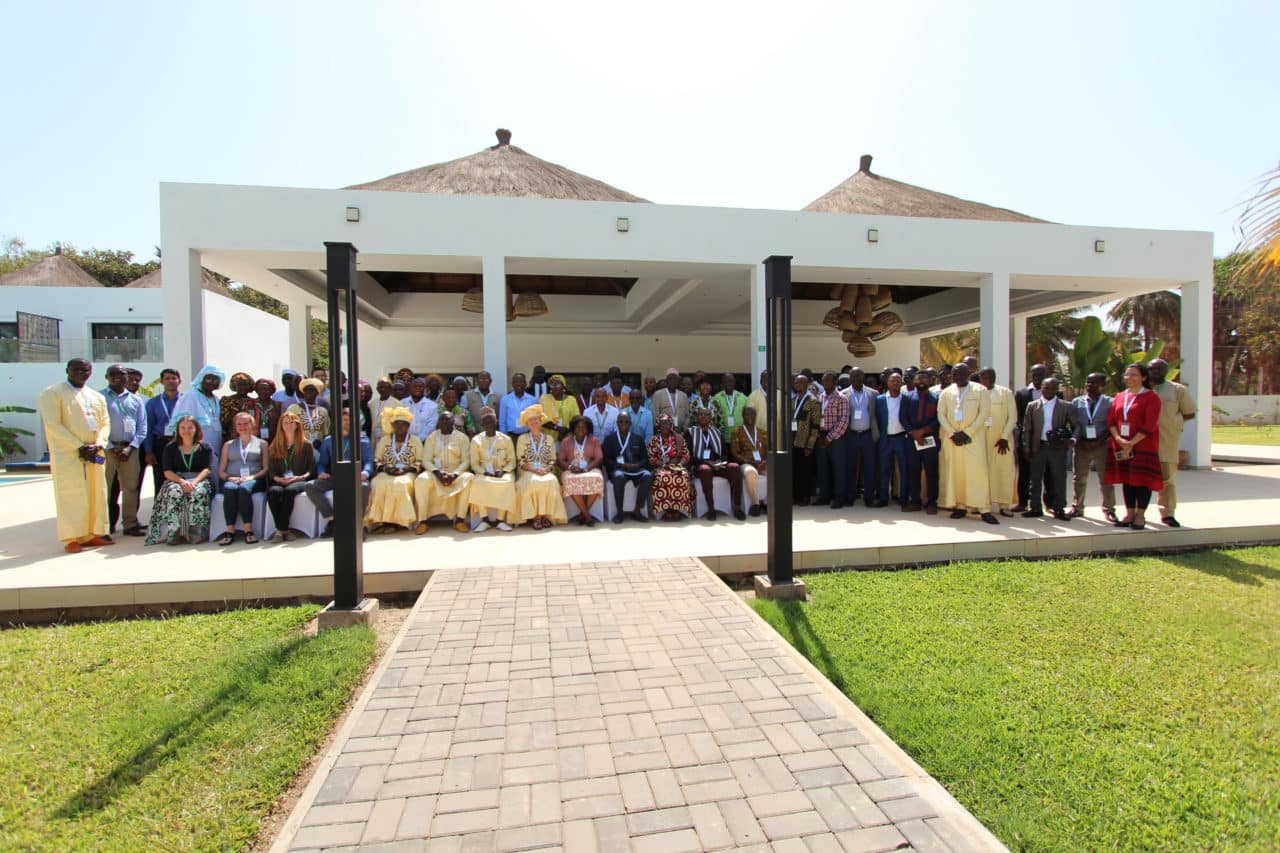 University of Oslo/DHIS2 Academy
University of Oslo/DHIS2 Academy
Knowledge mobilization for building communities of South Asia teacher educators
Ruchi Kumar, Tata Institute of Social Sciences
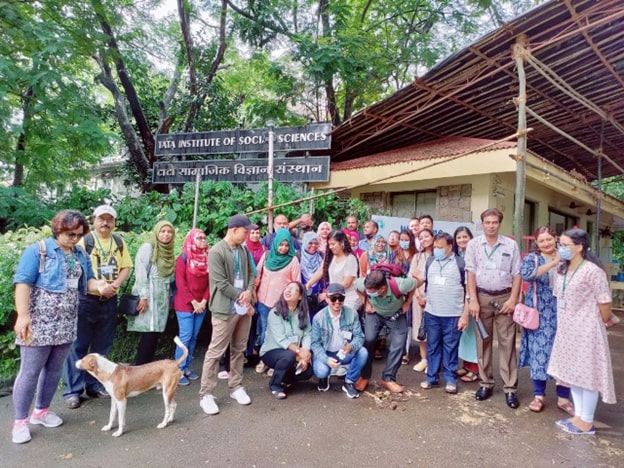 Tata Institute of Social Sciences
Tata Institute of Social Sciences
Bridging different ways of knowing in education systems
James Georgalakis, Institute of Development Studies
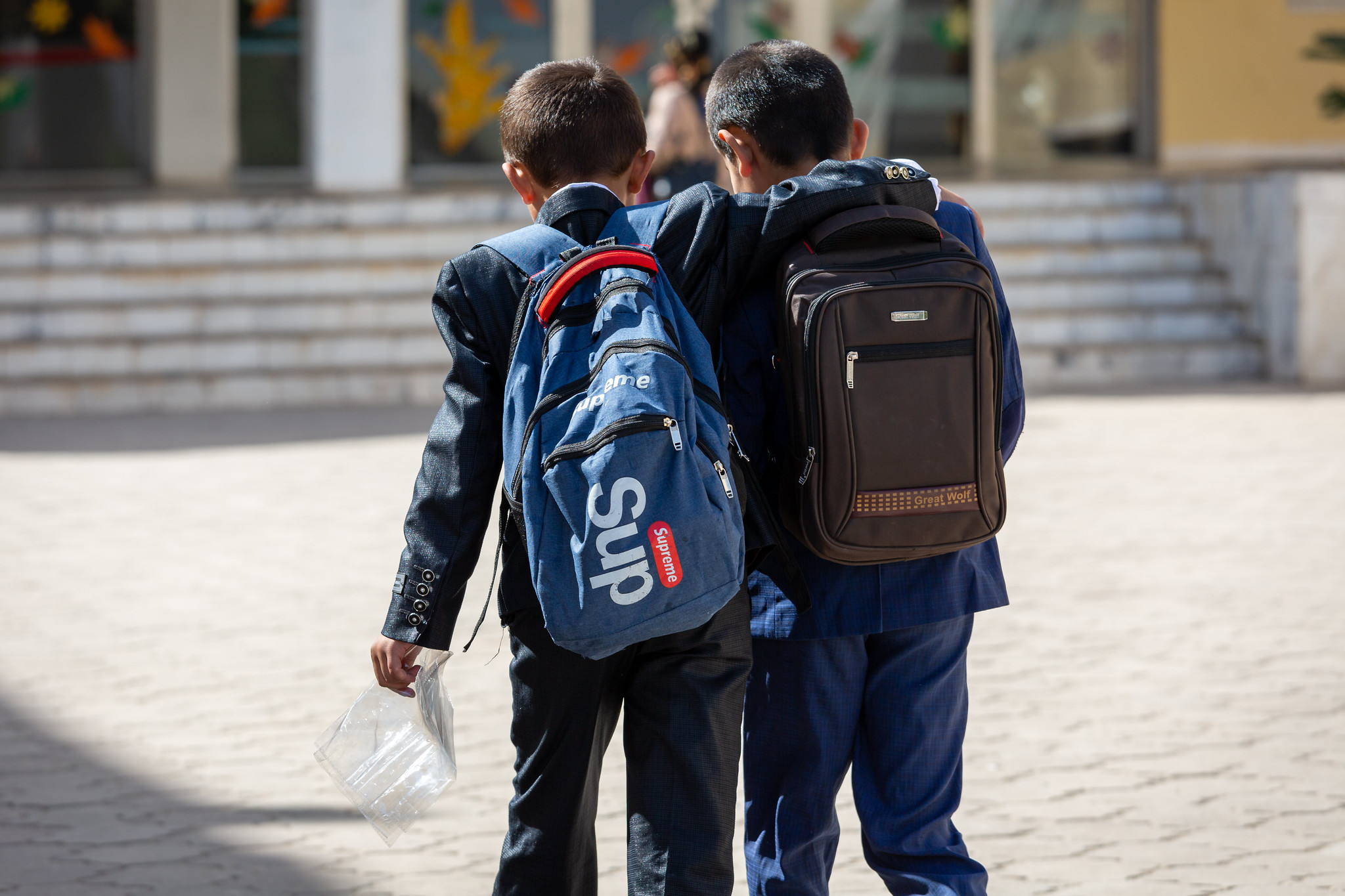 GPE/Kelley Lynch
GPE/Kelley Lynch
